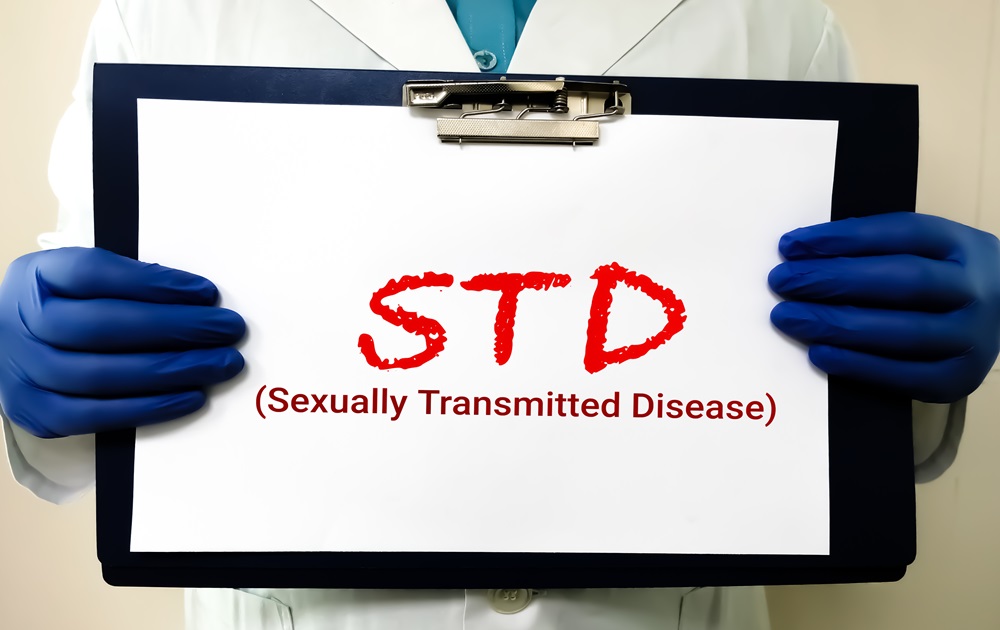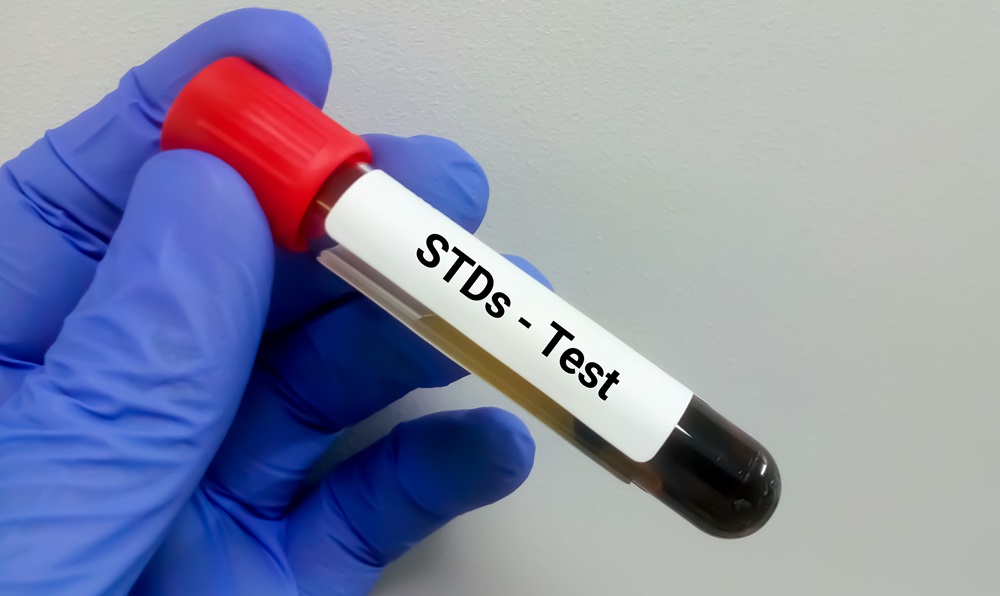A positive STD test result can hit you like a ton of bricks. Your mind probably races with questions about treatment, telling partners, and what this means for your future.
But here’s the truth: most STDs are completely treatable, and even the ones that aren’t can be managed effectively with proper care.
If you recently got std testing in los angeles or anywhere else and received unexpected results, you’re not alone.
The CDC reports that nearly 2.5 million Americans contract chlamydia, gonorrhea, or syphilis each year. The good news? You now know your status, which puts you ahead of the game.
Your First 24 Hours: Don’t Panic, Take Action
The moment you get that positive result, your brain might go into overdrive. That’s completely normal. But the most important thing you can do right now is breathe and start making a plan.
Call your healthcare provider immediately. Don’t wait for them to call you back or schedule a follow-up weeks later.
Most STDs become more complicated when left untreated, so time matters. If your regular doctor isn’t available, urgent care centers and many community health clinics can help.
You’ll also want to stop having sex until you get treatment. This protects both you and any partners from further transmission or reinfection.
Treatment Options: Most STDs Are Easier to Treat Than You Think
The treatment you’ll need depends entirely on what STD you have. But here’s something that might surprise you: bacterial STDs like chlamydia, gonorrhea, and syphilis can often be cured with just one dose of antibiotics.
| STD Type | Common Treatment | Typical Timeline |
| Chlamydia | Single dose azithromycin or 7-day doxycycline | 7-14 days to clear |
| Gonorrhea | Ceftriaxone injection | 7-14 days to clear |
| Syphilis | Penicillin injection | 2-4 weeks to clear |
| Herpes | Antiviral medications | Ongoing management |
| HIV | Antiretroviral therapy | Ongoing treatment |
For viral infections like herpes or HIV, the approach is different. While these can’t be cured, modern medications can reduce symptoms dramatically and lower transmission risk to nearly zero.
Don’t skip doses or stop treatment early, even if you feel better. This can lead to antibiotic resistance or incomplete treatment, making future infections harder to treat.
Partner Notification: Having Those Difficult Conversations
This part feels awkward for everyone, but telling your sexual partners is crucial. They need to get tested and potentially treated, even if they don’t have symptoms. Many STDs can be completely symptom-free while still causing long-term health problems.
You have a few options for partner notification:
Start with recent partners from the past 60 days, or longer depending on your specific STD. Some health departments can help with anonymous partner notification if you’re not comfortable reaching out directly.
When you do talk to partners, keep it simple and factual. You might say something like: “I recently tested positive for [STD name]. You should get tested too, and here’s what I learned about treatment.”
Follow-Up Care: Making Sure Treatment Worked
Getting retested is not optional. Your doctor will typically want to see you again in 3-4 weeks for bacterial STDs to confirm the infection is gone.
For viral STDs, you’ll need regular monitoring to track your health and adjust medications if needed.
During this follow-up period, you’ll also want to watch for any new symptoms or signs that treatment isn’t working.
Call your doctor immediately if you develop new symptoms or if existing ones get worse.
Protecting Your Future Health
Once you’ve completed treatment, you can return to normal sexual activity. But this experience probably has you thinking about prevention differently.
Using condoms consistently reduces STD transmission risk by 80-95% for most infections.
Consider talking to your doctor about PrEP if you’re at higher risk for HIV, or ask about the HPV vaccine if you’re under 45.
Regular STD screening should also become part of your routine healthcare, especially if you have multiple partners.
The Emotional Side: You’re Not Defined by a Test Result
Getting an STD doesn’t make you careless, dirty, or less worthy of love and respect.
One in five Americans has a viral STD, and bacterial STDs are incredibly common among sexually active people.
Many people find it helpful to talk to a counselor, especially when dealing with STDs that require ongoing management.
Support groups, both online and in-person, can also provide valuable perspective from people who understand what you’re going through.

Moving Forward with Confidence
A positive STD test is not the end of your story—it’s actually the beginning of taking control of your sexual health.
With proper treatment and follow-up care, most people go on to live completely normal, healthy lives.
The key is staying informed, following your treatment plan exactly as prescribed, and maintaining open communication with both healthcare providers and sexual partners.
Regular std testing remains your best tool for catching any future infections early when they’re easiest to treat.
Frequently Asked Questions
I just got a positive STD test result—what should I do first?
Answer: Don’t panic. Call your healthcare provider immediately for treatment options. If they’re unavailable, go to urgent care or a community health clinic. Stop having sex until you’re treated to avoid reinfection or transmission.
Are STDs actually treatable or curable?
Answer: Most bacterial STDs (like chlamydia, gonorrhea, and syphilis) can be cured with antibiotics, often in a single dose or short course. Viral STDs (like herpes and HIV) can’t be cured but can be managed with medications to reduce symptoms and transmission risk.
Do I really need to tell my sexual partners?
Answer: Yes. It’s crucial so they can get tested and treated, even if they have no symptoms. Your local health department can even help notify partners anonymously if needed.
When can I have sex again after treatment?
Answer: After completing treatment and getting a retest confirming the infection is gone (usually 3–4 weeks for bacterial STDs). For viral STDs, follow your provider’s guidance on ongoing risk reduction.
Why is retesting necessary?
Answer: Retesting confirms the infection has cleared and helps catch any reinfection early. It’s a critical part of follow-up care.
Does having an STD mean I’m irresponsible or ‘dirty’?
Answer: Absolutely not. STDs are extremely common—one in five Americans has a viral STD. With proper treatment, you can live a normal, healthy life. Consider counseling or support groups if you’re struggling emotionally.
Where can I get tested or treated if I don’t have a doctor?
Answer: Urgent care centers, Planned Parenthood, and community health clinics offer testing and treatment—often on a sliding scale or for free. In Los Angeles (or any city), search for “STD testing near me” to find local resources.
Can I take my medication late or stop early if I feel better?
Answer: No. Skipping doses or stopping treatment early can lead to antibiotic resistance or incomplete treatment, making infections harder to cure.


